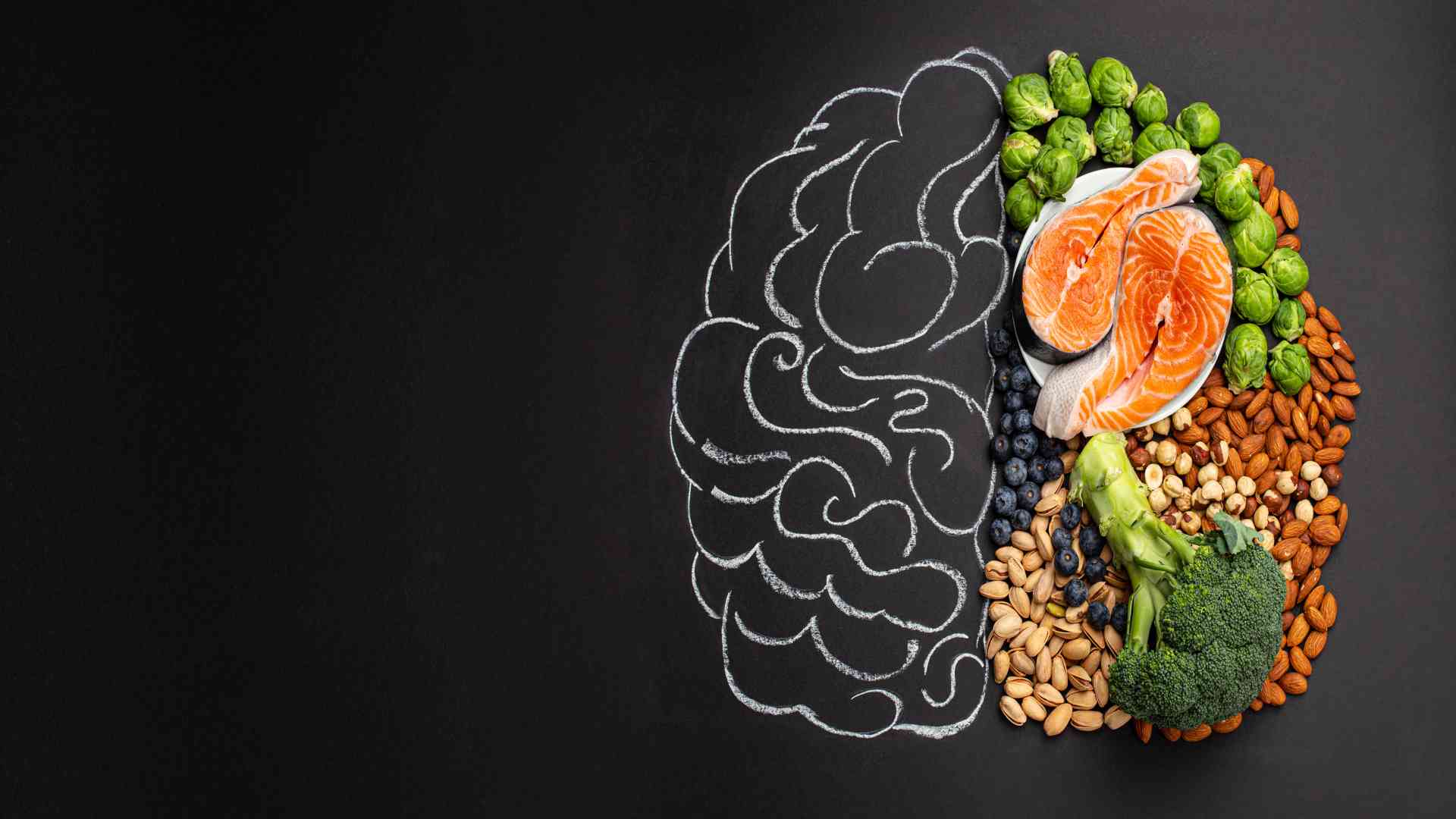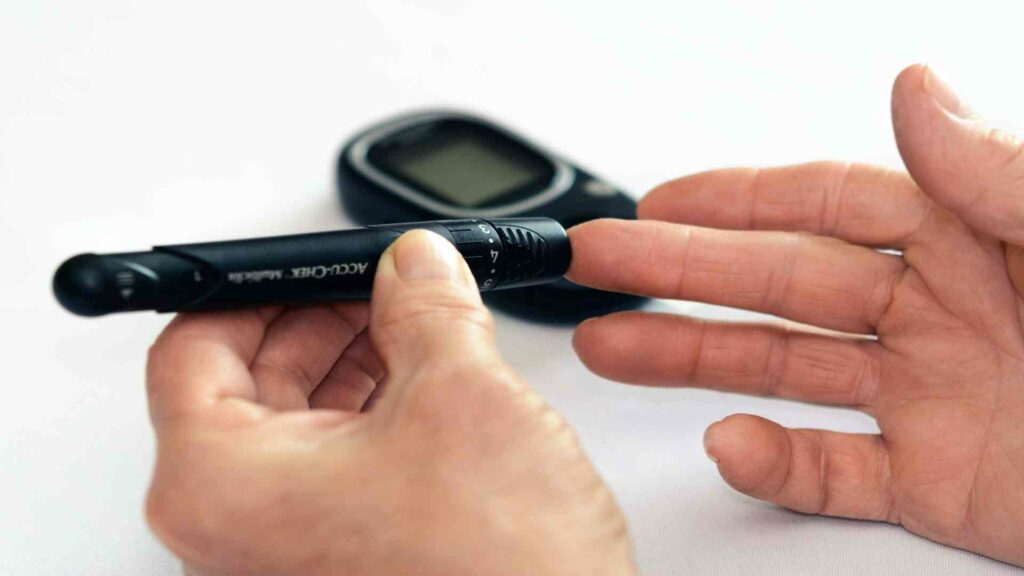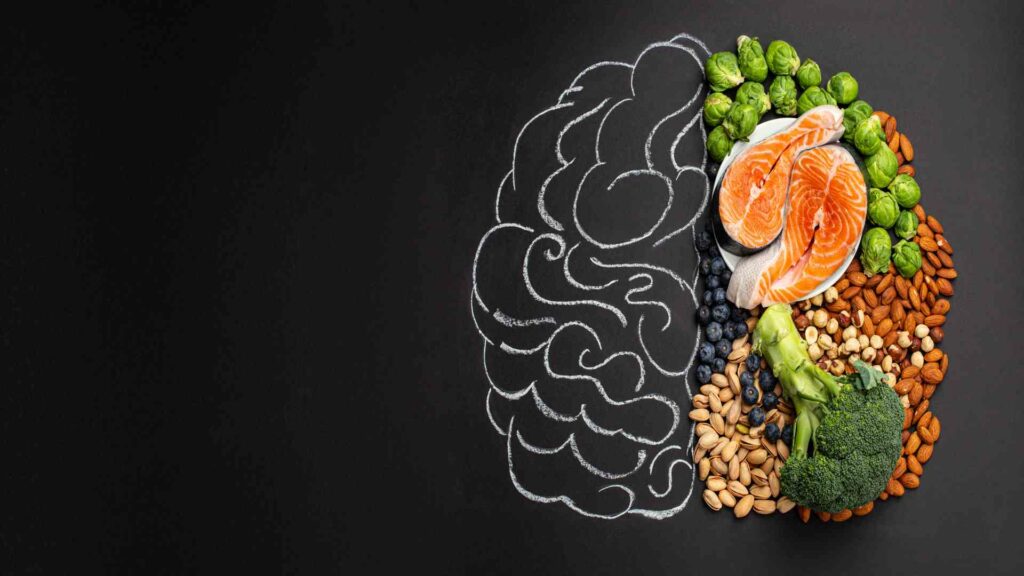MIND Diet: A Simple Guide to Improving Memory and Cognition
The MIND diet emphasizes the importance of various nutrients and minerals, including boron. Boron plays a key role in brain health and cognitive function. It also helps protect against age-related mental decline and reduces symptoms associated with Alzheimer’s disease.

Mind diet
About MIND Diet
The MIND Diet was originated by the late Martha Clare Morris, a nutritional epidemiologist. It combines two diets focusing on brain health: the Mediterranean diet and the DASH (Dietary Approaches to Stop Hypertension) diet.
The MIND Diet is used for Mediterranean-DASH Intervention for Neurodegenerative Delay. This means it enhances brain health and prevents cognitive decline. It also lowers the risk of Alzheimer’s and other types of dementia.
1. Mediterranean Diet
The Mediterranean diet is influenced by traditional foods from countries such as Greece and Italy. This style is beneficial to health in a variety of ways. It can, for example, help maintain a healthy weight, lower heart disease and stroke risk, and improve blood sugar levels.
The cornerstone of the Mediterranean diet is fresh, whole foods, including plenty of fruits, vegetables, whole grains, legumes, and nuts. Olive oil is also a key component of this eating style, as it is rich in healthy fats. Poultry, eggs, dairy, and red wine are also part of the Mediterranean diet, but in smaller amounts than the other food groups.
The diet restricts consuming processed foods, red meats, refined oils and grains, and high-sugar foods.
2. DASH Diet
The DASH diet is hard to beat when it comes to heart-healthy eating. DASH is a flexible and well-rounded approach to eating that can help reduce blood pressure and improve other cardiovascular risk factors.
The DASH diet is rich in fruits, vegetables, whole grains, low-fat dairy products, and lean protein. It is also a healthy method of losing weight.
MIND Diet Healthy Food Items
The MIND diet emphasizes 10 essential brain-healthy food items: green leafy vegetables, other vegetables, coffee or tea, citrus, nuts, berries, beans, eggs, whole grains, and raisins. These include fatty fish, poultry, olive oil, dark chocolate, and red wine while limiting unhealthy food groups such as red meat, butter, stick margarine, cheese, pastries and sweets, and fried food.
1. Green leafy Vegetables
Many leafy green vegetables, such as spinach, collard greens, kale, Swiss chard, and turnip greens, benefit cognitive health. These vegetables are high in lutein, boron, vitamin E, folate, beta-carotene, and other nutrients that support cognition, particularly as people age. It is beneficial in both ways: raw or cooked and suggested to consume a minimum of six servings of green, leafy vegetables per week.
2. Other Vegetables
There are numerous reasons to include more vegetables in your diet. Not only are they packed with nutrients like vitamins, minerals, and fiber, but they also help fill you up without many calories. It is therefore recommended to have at least one serving per day of other vegetables, such as broccoli. Boiled broccoli can be a great addition to any meal, and it also packs an extra nutritional punch with up to 0.40 milligrams of boron per serving.
3. Coffee or Tea
Coffee and green tea are often touted as healthy beverages. And for a good reason – they both contain caffeine, which enhances cognitive function and solidifies memories. Both beverages also contain boron for their cultivation. It is suggested to aim to consume 400 mg of caffeine per day.
4. Raisins
Consider including raisins in your diet to sharpen your memory and concentration. Raisins are high in boron, which is necessary for proper brain function. It also aids in the improvement of hand-eye coordination and memory. Boron can also be found in other foods, such as nuts, legumes, and leafy greens.
5. Citrus
Citrus fruits and juices are excellent for boosting blood flow to the brain. This, in turn, can strengthen the cognitive function and help to prevent dementia. According to one study, older people who consume citrus daily are 23% less to suffer from dementia.
Citrus fruits require boron during their production to maintain fruit quality and yield. It is suggested to have at least 1 serving per day of citrus fruit or juice to reap the benefits.
6. Nuts
Nuts are high in nutrients necessary for keeping your brain healthy and functioning properly. Nuts contain vitamins E and B, healthy fats, and minerals such as potassium, magnesium, and calcium, making them an excellent addition to any diet. The MIND diet suggests consuming five servings of nuts per week, such as almonds, cashews, walnuts, brazil nuts, pecans, or pistachios.
7. Berries
Berries are rich in antioxidants and phytochemicals, which have been shown to promote brain health and protect against cognitive decline. Consume at least two servings per week of berries, such as raspberries, blueberries, blackberries, and strawberries.
8. Beans
Beans are high in protein, fiber, and other nutrients, making them an important part of a healthy diet. Eating at least three servings of beans per week can help you meet your nutrient requirements. All beans, lentils, and soybeans fall into this category.
9. Eggs
Choline is an essential nutrient that decreases inflammation and enhances brain function by allowing brain cells to communicate better. Eggs are an excellent source of choline, so consuming one egg daily can help you get the nutrients you need for a healthy mind and body.
10. Whole Grains
Whole grains are high in brain-healthy nutrients like vitamins B and E and minerals that support cognitive function. They’re also high in fiber, promoting digestive health and regulating blood sugar. The MIND diet necessitates at least three servings of whole grains per day.
Implications of the MIND Diet
Regarding staving off cognitive decline, what you eat may be as important as how much you exercise. Research suggests that following a healthy diet – like the MIND diet – can help keep your mind sharp as you age.
The MIND diet focuses on foods that promote brain health, including plenty of vegetables, fruits, whole grains, and healthy fats. And it encourages people to limit less-healthy fares like red meat, processed sweets, and fried foods.
According to a 2015 research in the publication Alzheimer’s & Dementia, the MIND diet can reduce cognitive age by seven and a half years. The research took 900 men and women between the ages of 58 and 98 for four and a half years, analyzed their diets with complex dietary questionnaires, and measured their cognitive function annually.
They discovered that by following the MIND diet significantly and reducing the intake of less-nutritious foods, participants lowered their risk of Alzheimer’s and dementia by 53%.





